Below are frequently asked questions regarding Public Act 99-0046, which went into effect on July 15, 2015:
Q. Will I be able to offer “happy hour” specials by temporarily reducing the price of drinks at my establishment?
A: Yes. This legislation permits licensees to offer discounted drinks for up to 4 hours per day, not more than 15 hours per week. The specified drink promotional period does not have to be for 4 consecutive hours.
Q: What are the additional rules and restrictions on price reductions?
A: Licensees must adhere to the following stipulations on price reductions on drinks
-
- The licensee must give notice of the discount on alcoholic drinks on the licensee’s premises or on
their website 7 days before the specified drink promotion period. - Licensee shall not offer a specified drink promotion period between the hours of 10:00 p.m.
and the licensed premises’ closing hour. - Licensee shall not change the price of an alcoholic drink during a single-drink promotion period.
- The licensee must give notice of the discount on alcoholic drinks on the licensee’s premises or on
Q: When can I start reducing prices as part of happy hour?
A: No earlier than 7 days after the license holder has given notice of the discount on alcoholic drinks at its licensed location or on its website.
Q: Can I provide unlimited drinks for a single price?
A: No. Drink limits are required unless the drinks are part of a meal/party package or private function.
Q: Am I allowed to sell “meal packages” with food and alcohol? What does that entail?
A: Yes. “Meal package” means a food & beverage package, which may or may not include entertainment, where the service of alcoholic liquor is an accompaniment to the food, including, but not limited to, a meal, tour, tasting, or any combination thereof for a fixed price by a retail licensee or any other licensee operating within a sports facility, restaurant, winery, brewery, or distillery.
Q: Is there a limit on the number of drinks served with a meal package?
A: No. There is no limit to the number of drinks included with a meal package.
Q: What is considered “food” for a meal package?
A: Any food, including snacks and other so-called “finger food,” available on the licensed premises as long as the food and alcoholic drinks are sold as a package for a fixed price.
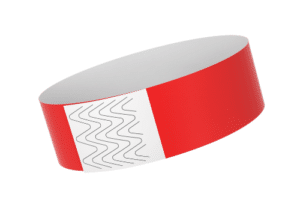
A: Yes. “Party package” means a private party, function, or event for a specific social or business the occasion, either arranged by invitation or reservation for a defined number of individuals, that is not open to the general public and where attendees are served both food and alcohol for a fixed price in a dedicated event space. To sell a party package, a business must:
-
- Offer food in the dedicated event space.
- Limit the party package to no more than 3 hours.
- Distribute wristbands, lanyards, or shirts that designate party package attendees.
- Exclude individuals not participating in the party package from the dedicated event space.
Q: Is there a limit on the number of drinks served with a party package?
A: No. There is no limit on the number of drinks included with a party package.
Q: What is considered “food” for a party package?
A: Any food, including snacks and other so-called “finger food,” available on the licensed premises.
Q: Private functions as defined in the Liquor Control Act (235 ILCS 5/1-3.36) have always been an exception to the prohibition on unlimited drinks; are private functions now limited to 3 hours?
A: No. Private functions such as weddings, private parties, fund-raising functions, etc., where “guests in attendance are served in a room or rooms designated and used exclusively for the private party, function or event” (235 ILCS 5/1-3.36) are not subjected to a time limit.
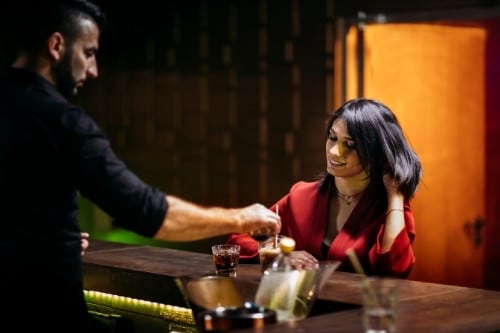
Q: How can alcoholic drinks be sold and served to a customer?
- You may serve two or more drinks to one customer at one time.
- You may not sell two or more drinks for the price of one drink.
- You must increase the price of a drink proportionately to an increase in the volume of
the same drink.
Example: A 24-ounce draft of Brand X beer must cost twice as much as a 12-ounce draft of Brand X beer.
Q: Can I sell or serve a pitcher, bottle, carafe, bucket, flight, or similar container to one person?
A: Yes.
Q: How does proportionate pricing apply to prices of a pitcher, bottle, carafe, bucket, flight, or similar container?
A: Proportionate pricing applies to individual drinks, not pitchers, bottles, carafes, buckets, flights, or similar containers. As long as a price reduction is not equal to selling two or more alcoholic drinks for the price of one, a retailer is free to set any price for a pitcher, bottle, carafe, bucket, flight, or similar container.
Q: Can I permit or encourage drinking games or contests at my licensed premises?
A: No.
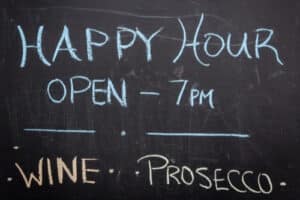
Q: Can I still offer daily drink specials?
A: Yes, as long as the price of the drink special is listed on the mandatory drink prices schedule.
Q: May I advertise happy hour, meal, and party packages?
A: Yes. Events permitted under the Liquor Control Act may be legally advertised.
Q. May I advertise events and drink specials permitted under the Happy Hour law on social media?
A: Yes. Social media advertising is allowed.
Q: Does the new law mandate that all servers in Illinois be trained and certified?
A: Yes. All alcohol servers and those checking IDs for alcohol service in on-premise establishments (i.e., bars, restaurants, banquet halls) must complete a BASSET certificate on a pre-determined date cited in the law. See the following page for the schedule.
Required training date for alcohol servers:
The signing of Public Act 99-0046 on July 15, 2015, requires on-premise servers and those checking IDs for alcohol service to complete a Beverage Alcohol Sellers/Servers Education & Training (BASSET) class by a specific date based on county population. NOTE: Some local jurisdictions may already require BASSET.
Please visit https://ilcc.illinois.gov/divisions/enforcement.html for ordinances in your community.
Below is the list of Illinois
counties by the date by which servers are required to be BASSET certified (based on 2010 US Census data):
BASSET certification is currently required (as of July 1, 2015)
Cook County
Certification required by July 1, 2016 (in counties with 200,000+ people)
Champaign County, DuPage County, Kane County, Lake County, Madison County, McHenry County, St. Clair County, Will County, Winnebago County
Certification required by July 1, 2017 (counties between 30,000-200,000 people)
Adams County, Boone County, Bureau County, Christian County, Clinton County, DeKalb County, Effingham County, Franklin County, Fulton County, Grundy County, Henry County, Jackson County
Certification required by July 1, 2018 (counties with 30,000 people or less)
Alexander County, Bond County, Brown County, Calhoun County, Carroll County, Cass County ,Clark County, Clay County, Crawford County, Cumberland County, De Witt County, Douglas County, Edgar County, Coles County, Jefferson County, Kankakee County, Kendall County, Knox County, LaSalle County ,Lee County, Livingston County, Logan County, Macon County, Macoupin County, Marion County, McDonough County, McLean County, Monroe County, Montgomery County, Morgan County, Ogle County, Peoria County, Randolph County, Rock Island County, Sangamon County, Stephenson County, Vermilion County, Whiteside County, Williamson County, Woodford County, Tazewell County, Edwards County, Fayette County, Ford County, Gallatin County, Greene County, Hamilton County, Hancock County, Hardin County, Henderson County, Iroquois County, Jasper County, Jersey County, Jo Daviess County, Johnson County, Lawrence County, Marshall County, Mason County, Massac County, Menard County, Mercer County, Moultrie County, Perry County, Piatt County, Pike County, Pope County, Pulaski County, Putnam County, Richland County, Saline County, Schuyler County, Scott County, Shelby County, Stark County, Union County, Wabash County, Warren County, Washington County, Wayne County, White County

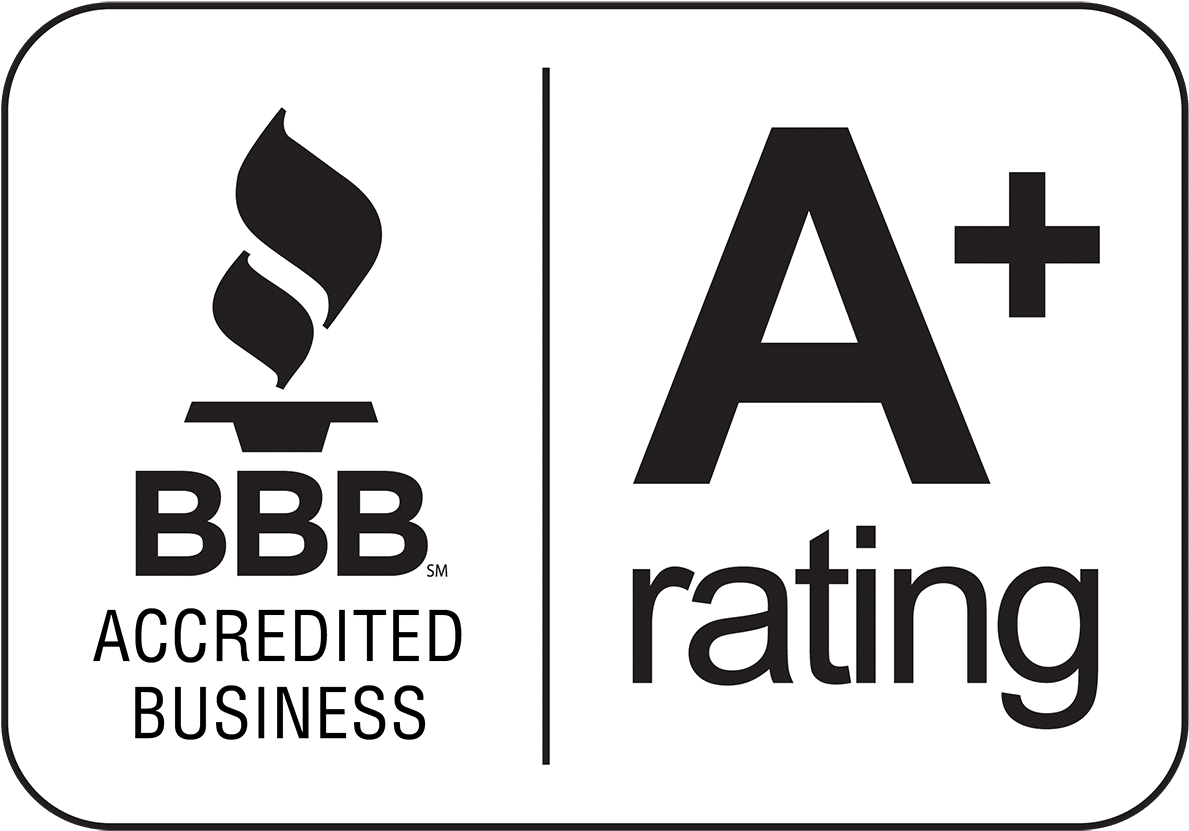
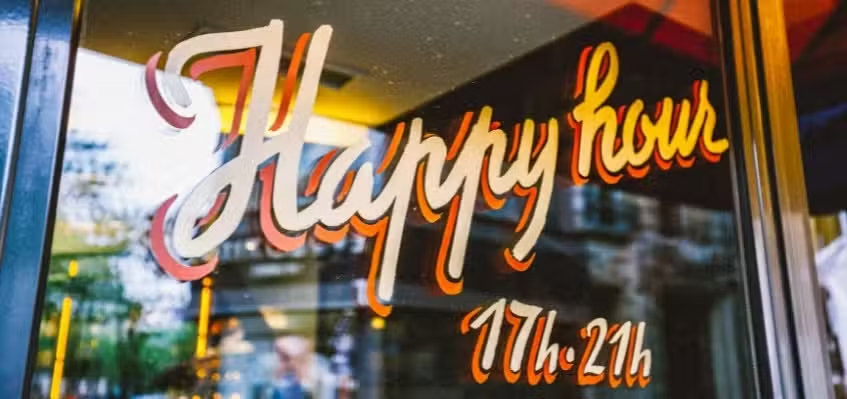
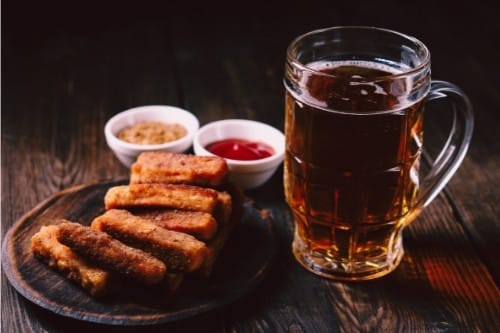
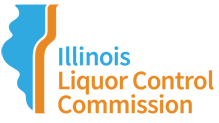
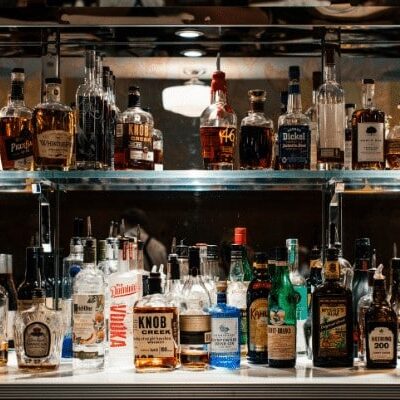
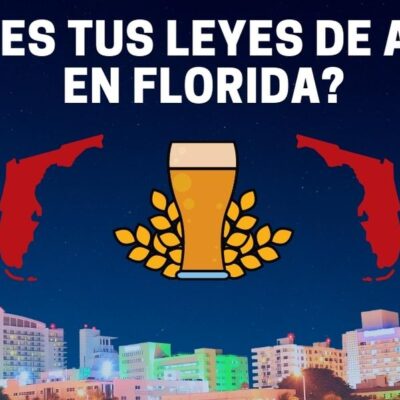
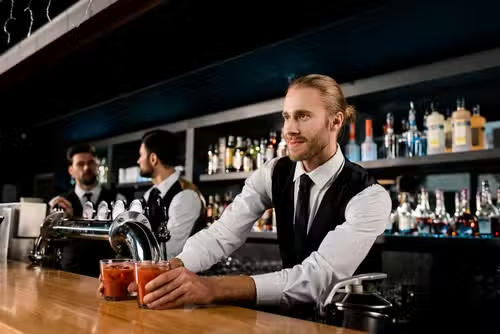
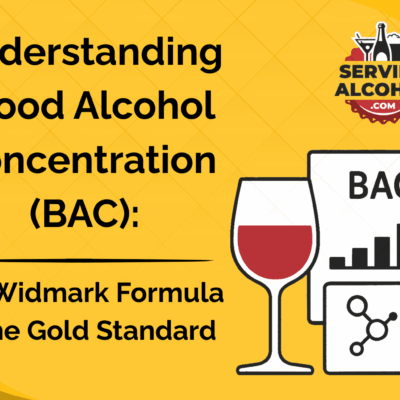

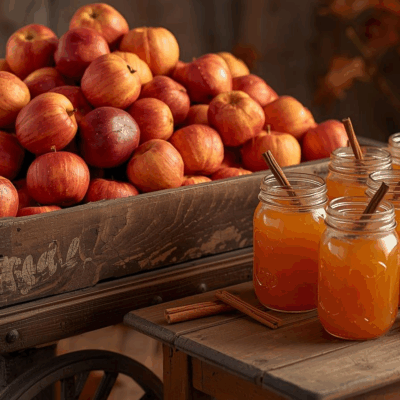
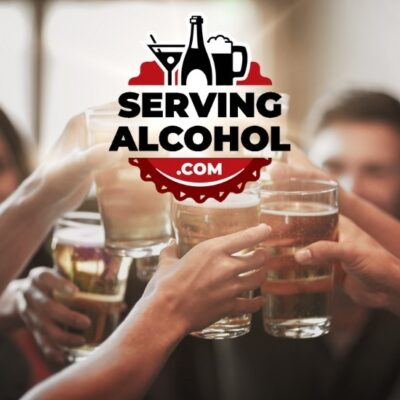
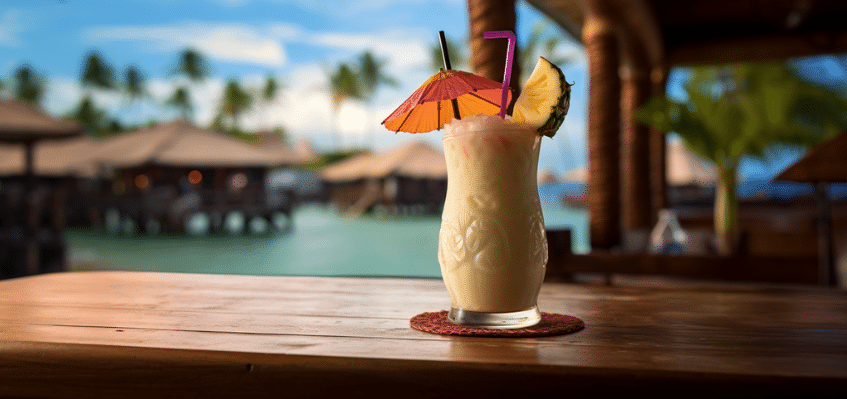
Leave a Reply
You must be logged in to post a comment.